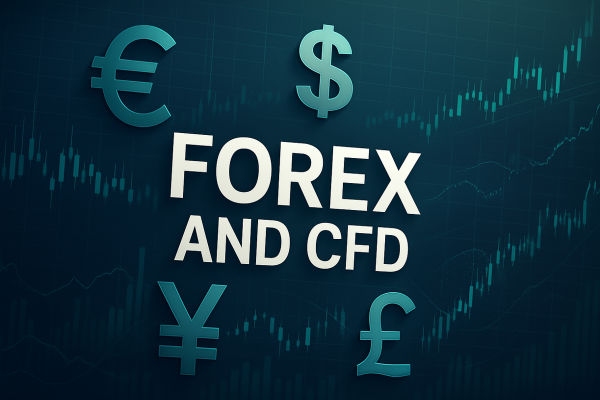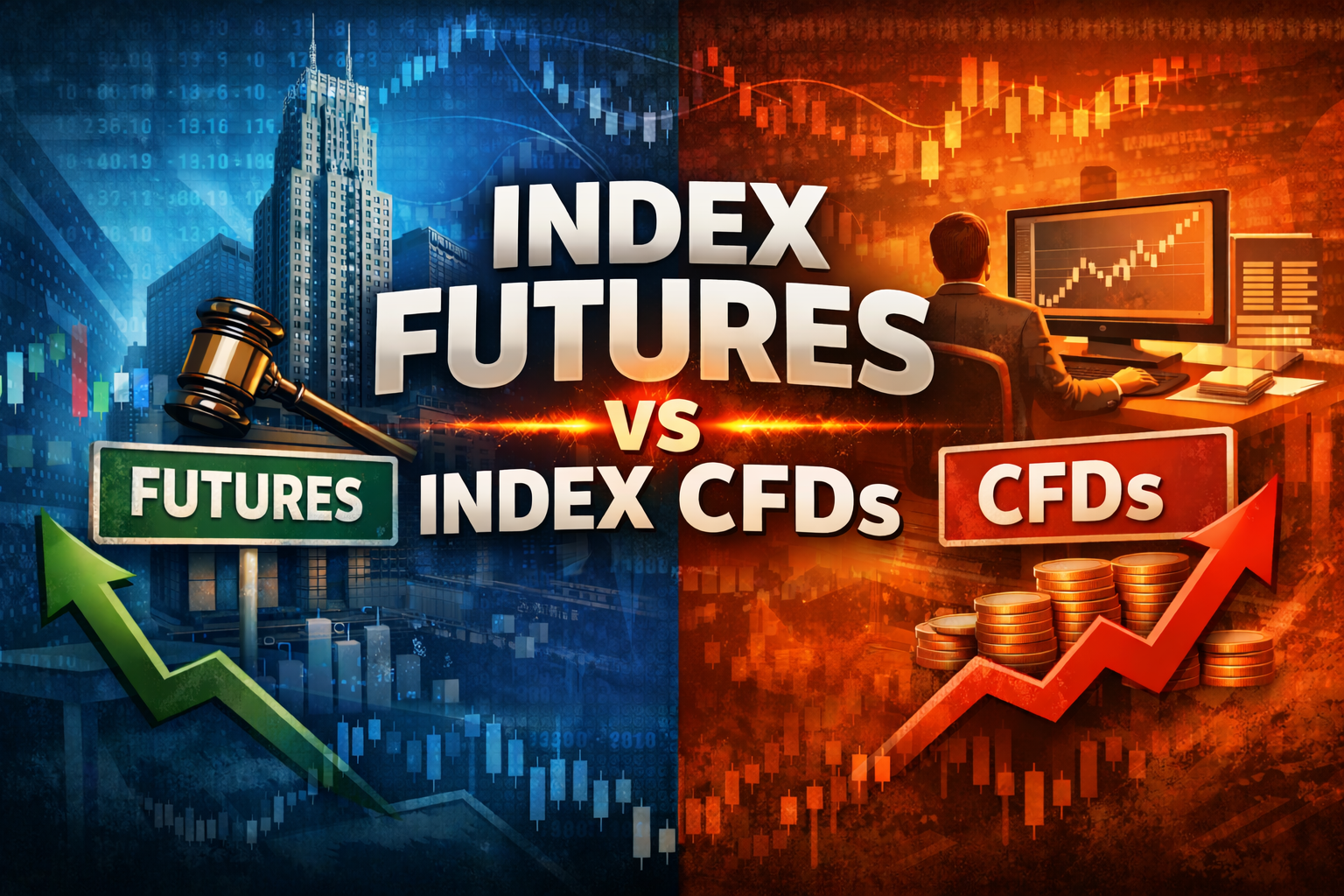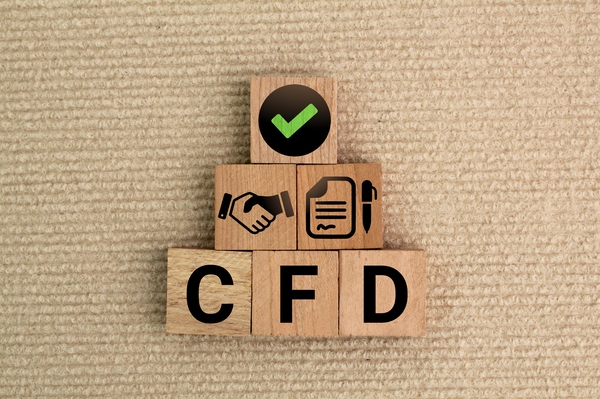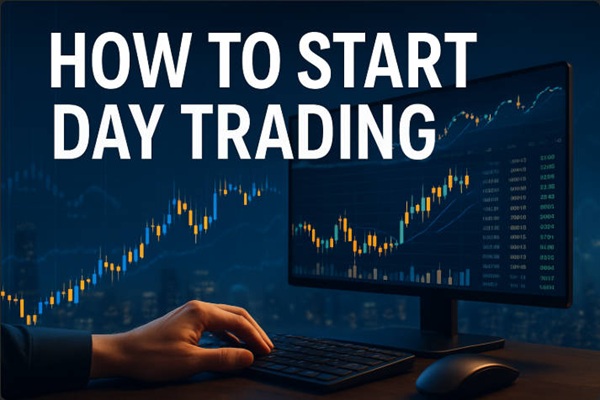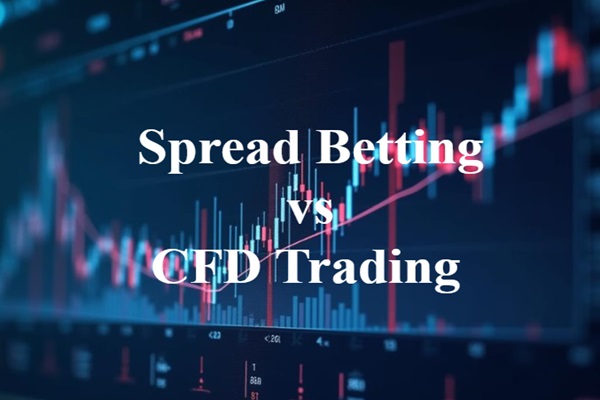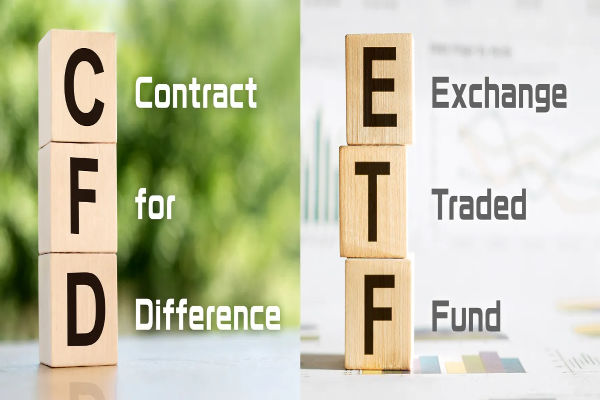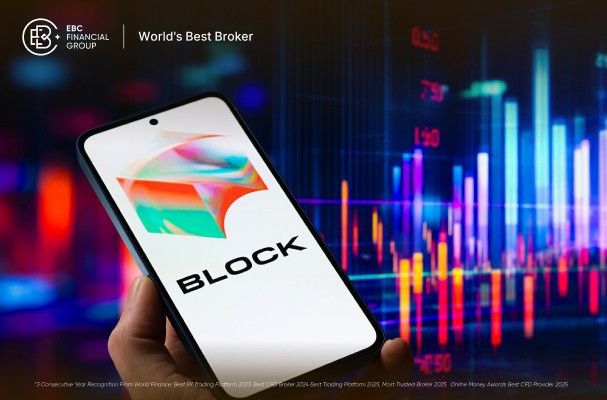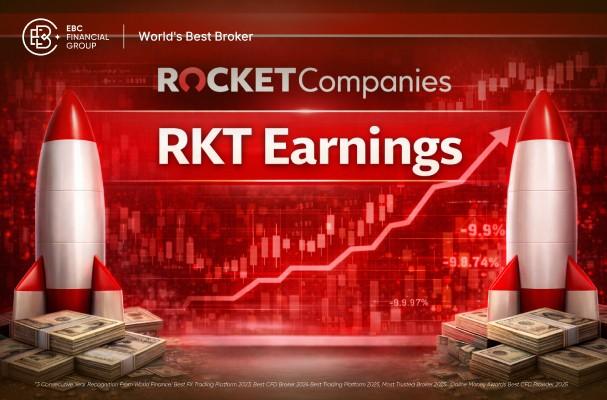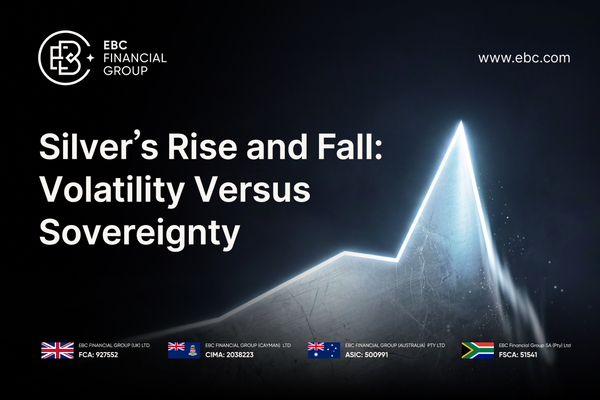For retail and institutional traders alike, financial markets offer a vast array of instruments, two of the most popular being Forex and CFD.
While both are derivatives allowing traders to speculate on price movements without owning the underlying asset, they differ significantly in terms of structure, leverage, instruments offered, and trading strategies.
In this guide, we'll explore the key differences between Forex and cfd trading, how global brokerage platforms like EBC Financial Group support both, and which might be the better fit for your trading style and goals.
What Is Forex Trading?
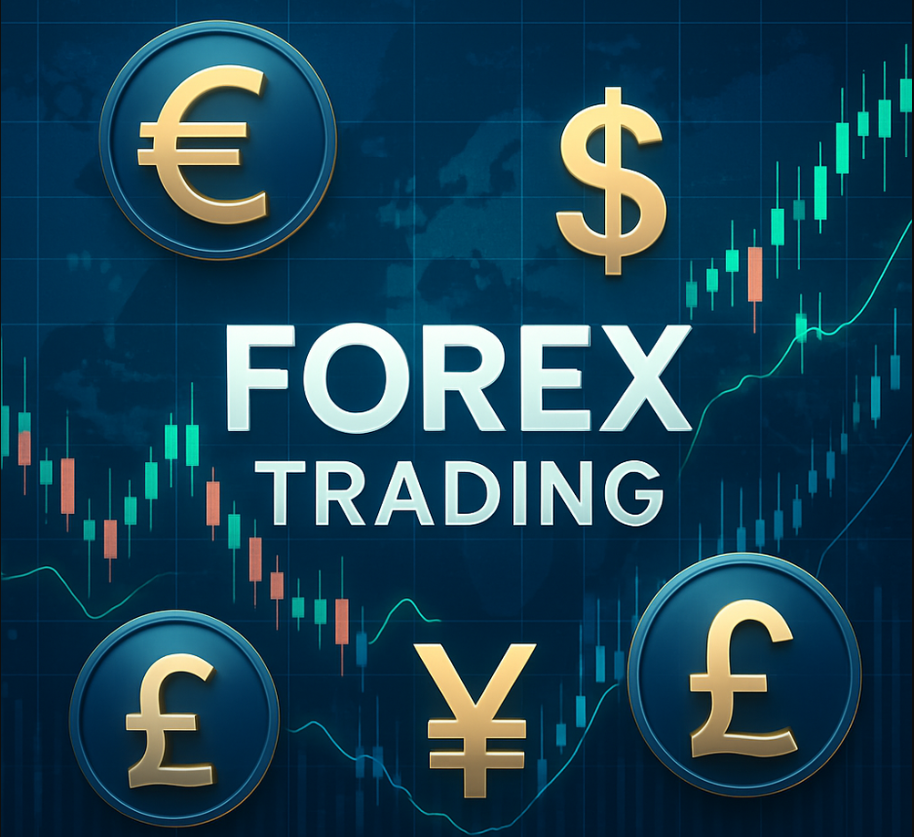
Forex trading involves buying one currency while simultaneously selling another. It's the largest and most liquid market in the world, with over $7.5 trillion traded daily. The Forex market operates 24 hours a day, five days a week, spanning global financial hubs from Sydney to New York.
Most Forex trades involve major currency pairs such as EUR/USD, GBP/USD, USD/JPY, and AUD/USD. Traders profit by speculating on the rise or fall of one currency relative to another, depending on macroeconomic data, geopolitical events, central bank policies, or market sentiment.
Platforms like EBC Financial Group offer deep liquidity, low spreads, and institutional-grade infrastructure, making Forex trading accessible and reliable for both beginners and experienced professionals.
What Is CFD Trading?
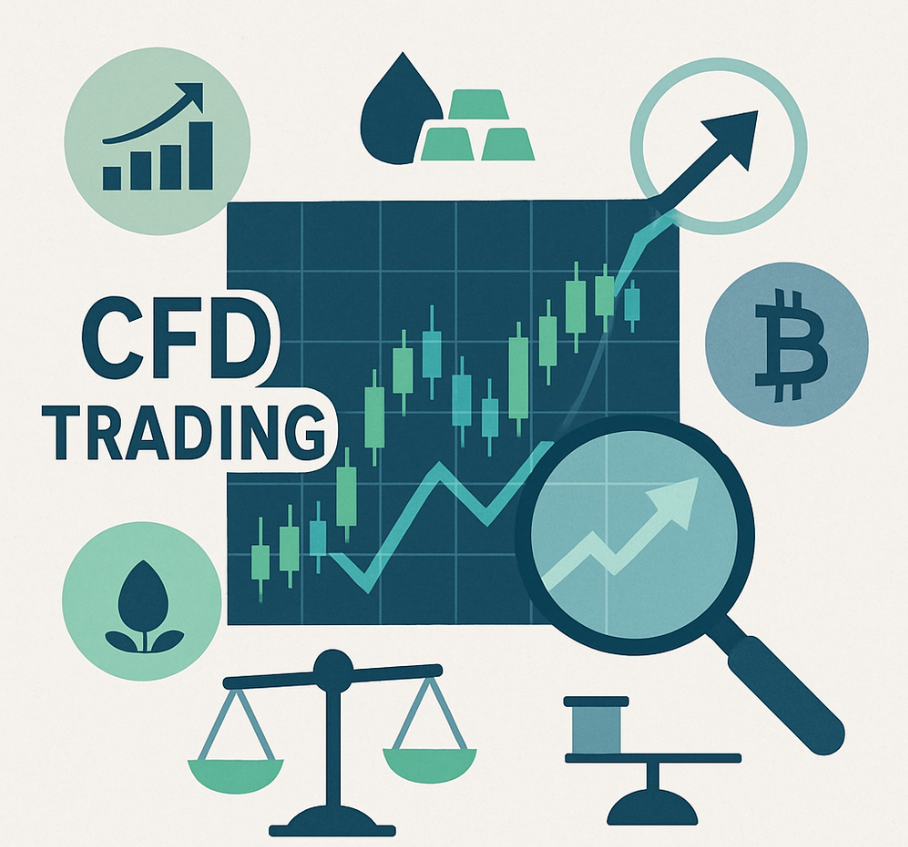
CFD (Contract for Difference) trading is a type of derivative that allows you to speculate on the price movement of a wide range of financial instruments—including stocks, indices, commodities, cryptocurrencies, and even Forex itself—without owning the underlying asset.
When trading CFDs, you enter a contract with a broker like EBC Financial Group to exchange the difference in the price of an asset from the time you open the position to the time you close it. If the asset's price increases and you go long, you profit. If it decreases, you incur a loss.
Moreover, CFDs provide access to worldwide markets on a single platform. At EBC Financial Group, traders can access top-tier CFD markets with professional-grade tools, advanced analytics, and robust execution engines tailored for modern trading environments.
6 Key Differences Between Forex and CFD
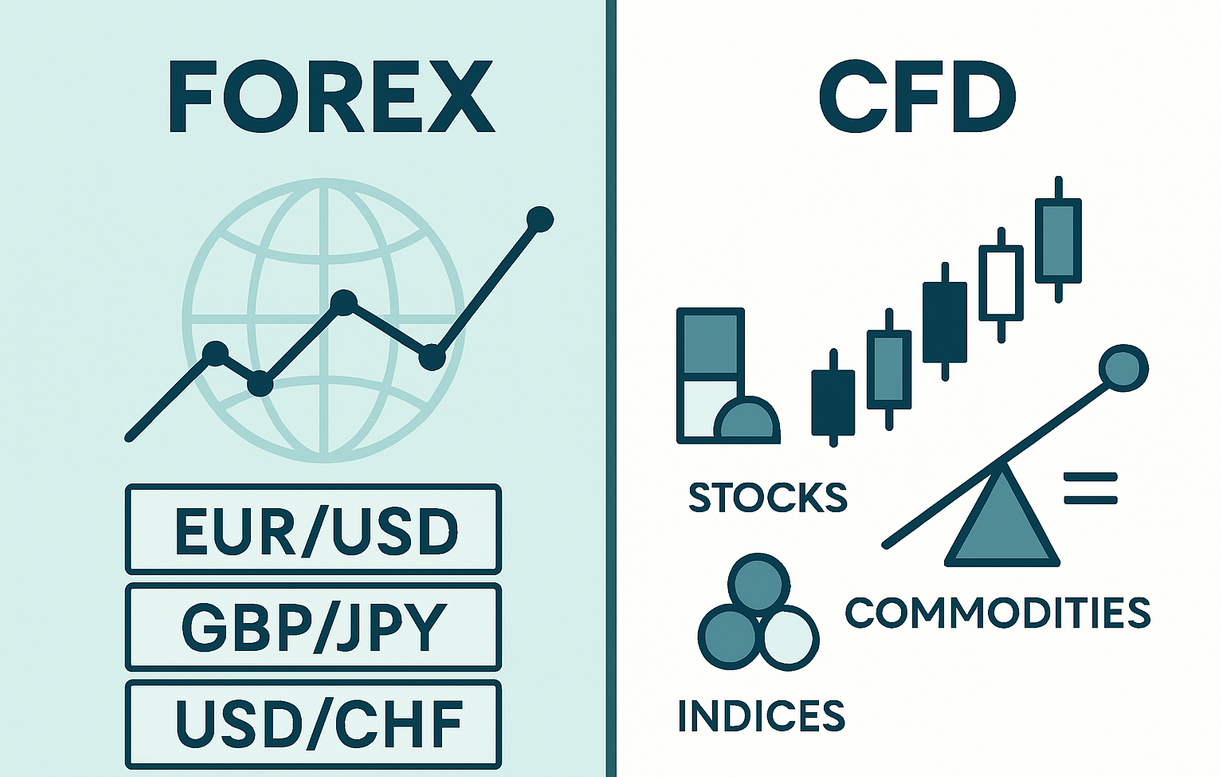
1. Instruments Traded
Forex Trading: Involves currency pairs only. You're always trading one currency against another.
CFD Trading: Includes significantly wider array of instruments, including stocks, indices (e.g., S&P 500), commodities (e.g., gold, oil), cryptocurrencies (e.g., Bitcoin), bonds, and also Forex
Key Insight: Forex trading is narrowly focused, while CFD trading offers diversified exposure.
2. Market Structure and Hours
Forex Market: Open 24 hours a day, five days a week. Trading occurs according to worldwide market sessions: Sydney, Tokyo, London, and New York.
cfd market: Depends on the asset class. For example, stock CFDs follow stock exchange times, while commodities and indices may have extended or overnight hours.
Key Insight: Forex offers continuous trading, making it ideal for round-the-clock strategies. CFDs may have market-specific time restrictions.
3. Leverage and Margin
Forex Trading: Leverage is typically higher, especially with major currency pairs. Depending on your jurisdiction and broker, leverage can range from 30:1 to 500:1.
CFD Trading: Leverage depends on the instrument. Stock CFDs may offer lower leverage (5:1 to 20:1), while indices or commodities may provide higher levels.
Key Insight: Forex generally provides greater leverage compared to many CFDs, appealing to bold, short-term tactics, but it is also more hazardous.
4. Liquidity and Spread
Forex Market: Highly liquid, especially with major pairs. This results in tight spreads and faster execution.
CFD Market: Liquidity varies by instrument. Major indices or commodity CFDs are liquid, but single-stock or crypto CFDs may have wider spreads and slippage.
Key Insight: Forex provides better pricing efficiency for short-term trades. CFDs require more caution when trading less Liquid Assets.
5. Cost of Trading
Forex Trading: Primarily cost-based on spreads. Some brokers also charge commission on raw spread accounts.
CFD Trading: Expenses include spreads, commissions, and overnight financing charges (swap or rollover) if the position is maintained for more than one day.
Key Insight: Both markets feature clear cost structures; however, CFD expenses can fluctuate more based on the asset and duration of holding.
6. Trading Strategies
Forex Traders: Often use scalping, swing trading, day trading, carry trading, or algorithmic trading strategies.
CFD Traders: Employ a diverse range of tactics based on the asset class, including earnings strategies in stock CFDs, trend-following for indices, or mean reversion for commodities.
Key Insight: CFD trading offers greater strategic flexibility, but Forex trading allows deeper specialisation.
Why Choose EBC Financial Group for Forex and CFD Trading?

EBC Financial Group is a globally regulated multi-asset broker offering direct market access, real-time execution, and high-grade infrastructure trusted by institutions, professionals, and retail traders alike.
Here's what sets EBC apart:
Multi-asset Access: Trade Forex, commodities, indices, and equities from a single account.
Global Regulation: Licensed in multiple jurisdictions, including the UK and Asia-Pacific.
Deep Liquidity: Institutional-grade order routing and liquidity aggregation.
Advanced Platforms: Support for MT4, MT5, and proprietary interfaces.
Premium Education: Webinars, tutorials, and market insights for beginner and advanced traders.
Whether you want to trade EUR/USD or speculate on gold or the Nasdaq 100, EBC provides a smooth, effective access point.
Which Should You Trade? Forex or CFDs?
The decision depends on your trading style, asset preference, and risk tolerance.
Trade Forex with EBC if:
You prefer high liquidity and tight spreads
You want to trade major currency pairs 24/5
You are focused on economic news, central bank decisions, or macro trends
Trade CFDs with EBC if:
You want to diversify into stocks, indices, gold, or oil
You have specific strategies for earnings, commodities, or global indices
You are comfortable with overnight holding and position management
Pro tip: Many professional traders at EBC use both—employing Forex for intraday strategies and CFDs for long-term positioning or event-driven trades.
Conclusion
In conclusion, forex and CFD trading each offer unique opportunities and risks. Forex is ideal for traders who favour liquidity, macroeconomics, and continuous access. CFDs are suited to those seeking diversity, strategic variety, and broader market access.
With EBC Financial Group, you don't have to choose one over the other. You can trade Forex and CFDs side by side, using world-class platforms, institutional-grade liquidity, and expert support.
Disclaimer: This material is for general information purposes only and is not intended as (and should not be considered to be) financial, investment or other advice on which reliance should be placed. No opinion given in the material constitutes a recommendation by EBC or the author that any particular investment, security, transaction or investment strategy is suitable for any specific person.
